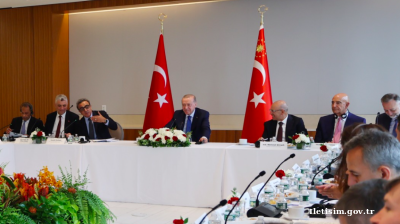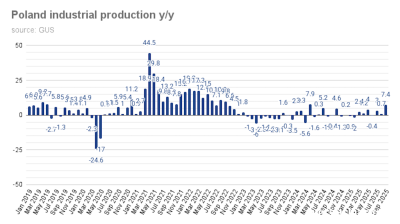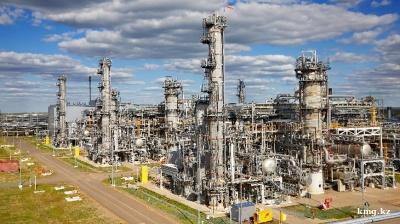The Kazakh manufacturing sector returned to contraction territory in March as impacts of Russia’s invasion of Ukraine hit Kazakhstan’s economy, according to the latest purchasing managers' index (PMI) survey data from Tengri Partners and IHS Markit released on April 1.
The index posted 46.8 in March, after improving to 50.1 in February following 43.8 in January. The headline Kazakhstan Manufacturing PMI is a composite single-figure measure of manufacturing performance. Any figure below 50.0 represents a deterioration.
Anuar Ushbayev, managing partner and chief investment officer at Tengri Partners, said: "The Kazakhstan manufacturing sector has entered a new challenging period as the war in Ukraine impacts customer demand, the ability of firms to secure inputs and exacerbates cost pressures.”
"While manufacturers were still largely confident in the year-ahead outlook in March, this was based on hopes that the geopolitical and economic situations will improve soon, something around which there is a great deal of uncertainty," he added.
The accompanying statement to the survey noted that the decline “in new business was substantial and broadly in line with that seen in January when a state of emergency was introduced in Kazakhstan [in response to unrest]” and that the “geopolitical situation also reportedly impacted output, which decreased in March after having expanded in February. Currency weakness and raw material shortages were also factors behind the fall in production.”
Currency depreciation stood as the main factor leading to significantly stronger increases in input costs and output prices during March. Input prices rose at the fastest pace in four months, while charge inflation hit an eight-month high.
Firms also faced a deteriorating availability of inputs in March, which was in some cases caused by the imposition of sanctions on Russia following the launch of its war against Ukraine. Logistical issues with goods from China also contributed to a marked lengthening of suppliers' delivery times.
“With new inputs difficult to secure, manufacturers used existing holdings of materials to support production. As a result, stocks of purchases decreased sharply, and to the greatest extent on record. Similarly, stocks of finished goods also decreased at a faster pace at the end of the first quarter,” the statement said.
Data

Hungary’s central bank leaves rates unchanged
National Bank of Hungary expects inflation to fall back into the tolerance band by early 2026, with the 3% target sustainably achievable in early 2027 under the current strict policy settings.

Germany slowdown weighs on Lithuania’s export-driven manufacturing sector
Lithuania’s economy remains highly sensitive to the industrial cycle in Germany, its third largest trade partner.

Chobani yoghurt king Hamdi Ulukaya becomes richest Turk
Knocks Murat Ulker into second place in Forbes ranking as his company's valuation leaps to $20bn.



_seen_here_meeting_with_Congressman_Jimmy_Panetta_201025_Cropped_1760946356.jpg)
